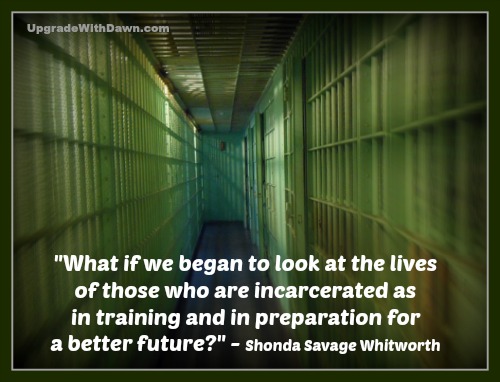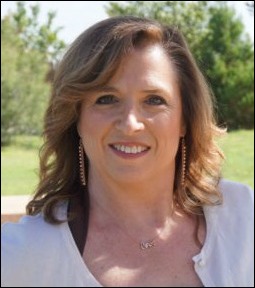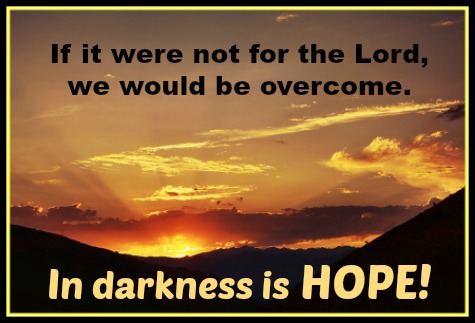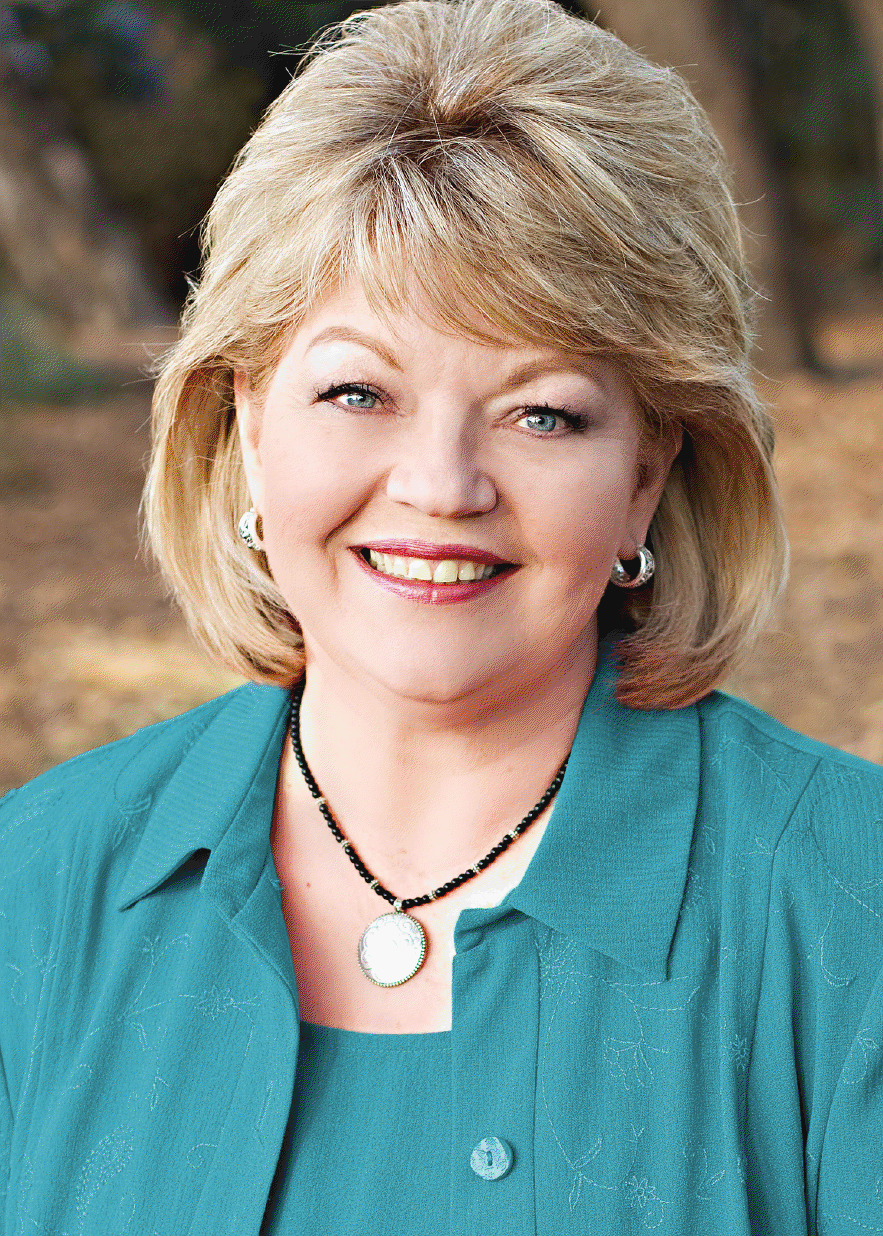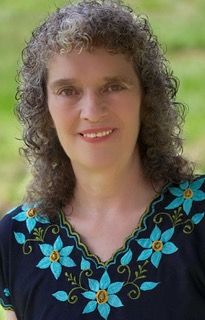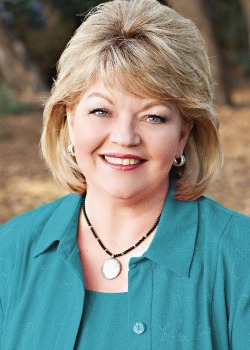My Eternal Hope
Jeanne Cesena is a woman who speaks authentically of the power of hope. In this UPLIFT story, she shares a testimony of her personal struggle, and how the Lord brought women into her life to encourage her as she trusted the eternal God of hope.
"Today is part of my eternity that began the day I was saved," Jeanne says.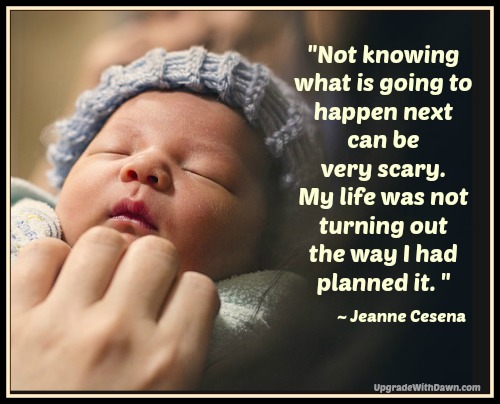
I (Dawn) wish more people understood that concept, and chose to live each day in view of eternity.
What a difference it would make if we understood God's hope is for today and forever.
Jeanne continues . . .
What are your life goals? What are your eternal goals? What are you going to do today for God?
The great evangelist Billy Graham said:
"For the believer there is hope beyond the grave, because Jesus Christ has opened the door to heaven for us by His death and resurrection.”
The verse that came to my mind when I heard Billy Graham had passed away and entered heaven was: “The master said, 'Well done, my good and faithful servant'" (Matthew 25:23 NLT).
Walking a daily life that is glorifying to God is no easy task. As we walk through our daily lives, we each make choices about what we are going to think, say and do.
Our daily learning steps are for us to work out our sanctification to be more like Him so others can see more of God in us, and see more of God through us.
In our trials we have a choice to turn toward God. When we see others going through trials, we have a choice to get involved and show God's love to others. Or not!
A life trial: My story of Hope in My Despair
ALONE.
Where does a woman turn when her husband abandons her the night she come home from the hospital with her newborn baby girl?
Not knowing what is going to happen next can be very scary.
My husband brought me home from the hospital and initiated a disagreement, an argument, to get out of coming into the house to help with the baby. Things were not going well with him that night; he was doing drugs and drinking.
My life was not turning out the way I had planned it.
I carried my newborn into our house as my husband drove away. It was a very cold house. The heating radiators had blown and it was below zero outside.
All I could do was climb into my waterbed with my beautiful baby girl. The water was heated—the only heat in the house. I held her close as she lay in my arms, and I kept reciting Romans 15:13 in my heart until I fell sleep:
"May the God of hope fill you with all joy and peace in believing, so that by the power of the Holy Spirit you may abound in hope."
Community: Eternal Hope in Action
The next day, the women from my church and my mom came over to my house. They brought things for the nursery, for my kitchen and for my dining room, and they helped me with the radiators.
That was hope in action.
These women were listening to that still, small voice of God inspiring them to take action.
They had to listen, think about what God wanted to do, talk to each other, gather the resources, get organized and then actually DO SOMETHING!
As these women were listening to God, I was putting all my hope in Him. The women became the answer to my prayers and a great encouragement to me.
We need to be open and receptive to the conversation God wants to have with each of us—to listen, learn, change and take action!
When I meet with individuals and couples, I often discuss some common communication techniques that are helpful. Here are two:
1. 1-800-God
This concept seems to have the most impact. Just like when your phone rings, no matter what emotions you are experiencing, you can choose to say a happy "hello."
You also have a change of focus. You are now listening to that voice coming from your phone. Then you have to listen, and think about what that person is saying before you speak or do something.
We can apply this concept to our everyday life.
Stop, connect with God, listen, then speak and do.
2. Represent Unconditional Love
When people look at us, they are looking at a representation of how we lived, what we have learned and our life experiences.
So we need to:
- know how much God loves us,
- be continuously filled with His love, and
- seek to share this love by application of God's words through our thoughts, words and actions.
We can start by asking ourselves:
Today, what am I supposed to learn from God through this? And what should I do?
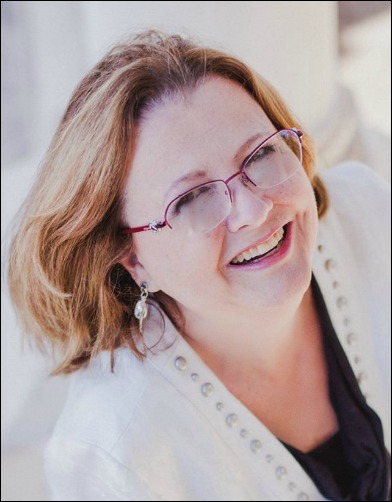 Jeanne Cesena is a strong woman, her strength built through many trials and a growing reliance on the Lord she loves. Enduring threats, abuse, abandonment and psychological struggles, she has come to see the Lord as her hope and healing. Jeanne ministers with her husband with Blended Step Families at Rock Church San Diego and is also a wedding planner and event/conference coordinator for churches and businesses. She is married, has three children—including a "bonus baby" at age 40—and has a powerful message to women about God's redeeming power.
Jeanne Cesena is a strong woman, her strength built through many trials and a growing reliance on the Lord she loves. Enduring threats, abuse, abandonment and psychological struggles, she has come to see the Lord as her hope and healing. Jeanne ministers with her husband with Blended Step Families at Rock Church San Diego and is also a wedding planner and event/conference coordinator for churches and businesses. She is married, has three children—including a "bonus baby" at age 40—and has a powerful message to women about God's redeeming power.
Graphic adapted, courtesy of Skimpton007 at Pixabay.
 Post a Comment → Posted on
Post a Comment → Posted on  Thursday, March 29, 2018 at 8:12AM
Thursday, March 29, 2018 at 8:12AM  Choices,
Choices,  Despair,
Despair,  Encouragement,
Encouragement,  Eternal Hope,
Eternal Hope,  Eternity,
Eternity,  Hope,
Hope,  Jeanne Cesena,
Jeanne Cesena,  Listening to God,
Listening to God,  Trials,
Trials,  Upgrade with Dawn Upgrade Your Life
Upgrade with Dawn Upgrade Your Life  UPLIFT Stories
UPLIFT Stories 




